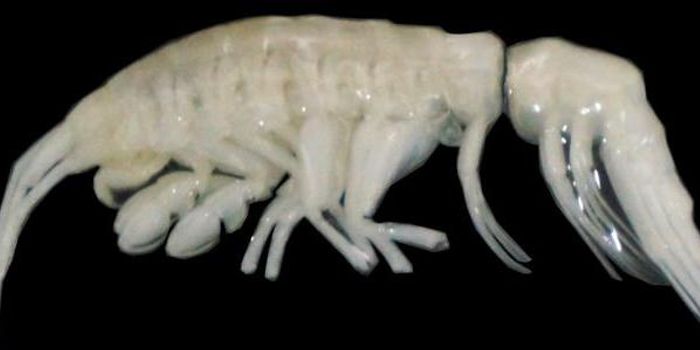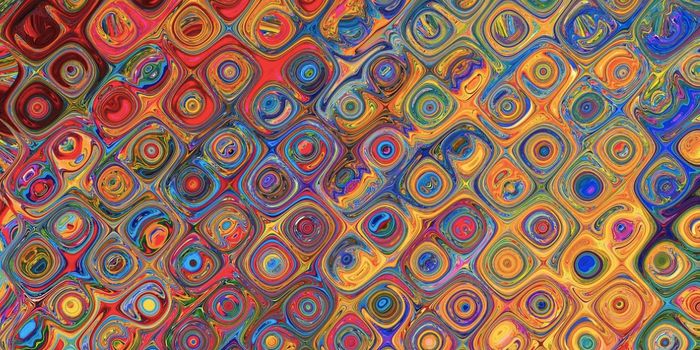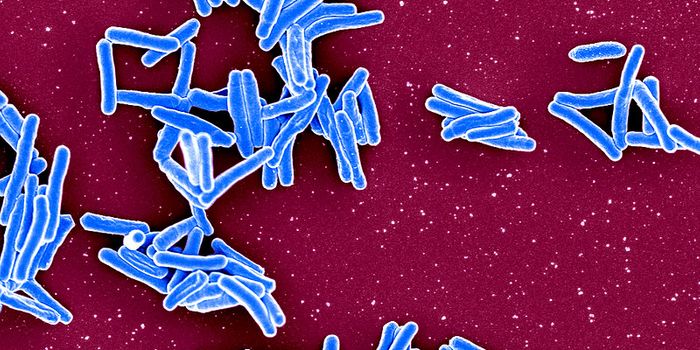For the first time a synthetic DNA vaccine can induce protective immunity against the Middle East Respiratory Syndrome (MERS) coronavirus in animal species, reported researchers from the
Perelman School of Medicine at the University of Pennsylvania.

David B. Weiner, Ph.D., a professor of pathology and laboratory medicine, and colleagues published their work in Science Translational Medicine (STM). Administered six weeks before exposure to the MERS virus, the experimental, preventive vaccine fully protected rhesus macaques from disease. It also generated potentially protective antibodies in blood taken from camels, the alleged source of MERS transmission in the Middle East.
MERS is caused by an emerging human coronavirus, which is different from the SARS coronavirus. Since it was identified in 2012, MERS has been linked to over 1,300 infections and nearly 400 deaths in the Arabian Peninsula, Europe and the U.S.
In the 2015 outbreak in South Korea, the infection spread from a single patient to more than 181 people, causing hospital closures, severe economic impact and more than 30 deaths. Rapid human-to-human transmission, especially in-hospital transmission, was the most common source of infection.
“The significant recent increase in MERS cases, coupled with the lack of effective antiviral therapies or vaccines to treat or prevent this infection, have raised significant concern,” Weiner said. “Accordingly the development of a vaccine for MERS remains a high priority.”
The vaccine prevented MERS disease in the monkeys and benefited 100 percent of the animals in this study in minimizing symptoms. It also induced antibodies that are associated with protection in camels, a species considered a major source of transmission to humans in the Middle East, demonstrating that this vaccine could be used to break the link in the MERS transmission cycle. In the field, the vaccine could decrease person-to-person spread of infection in an outbreak and help to protect health care workers or exposed individuals.
According to first author Karuppiah Muthumani, PhD, a research assistant professor of pathology and laboratory medicine, “This study was only possible by bringing together an international group of investigators with the necessary skills, including, the lab of Heinz Feldmann at the NIH, Gary Kobinger from the Canadian government, scientists from Inovio who developed the plasmid delivery technology, along with Penn colleagues. This simple synthetic vaccine has the potential to overcome important production and deployment limitations, and what’s more, the vaccine is non-live, so does not pose a risk of spreading to unintended individuals.”









